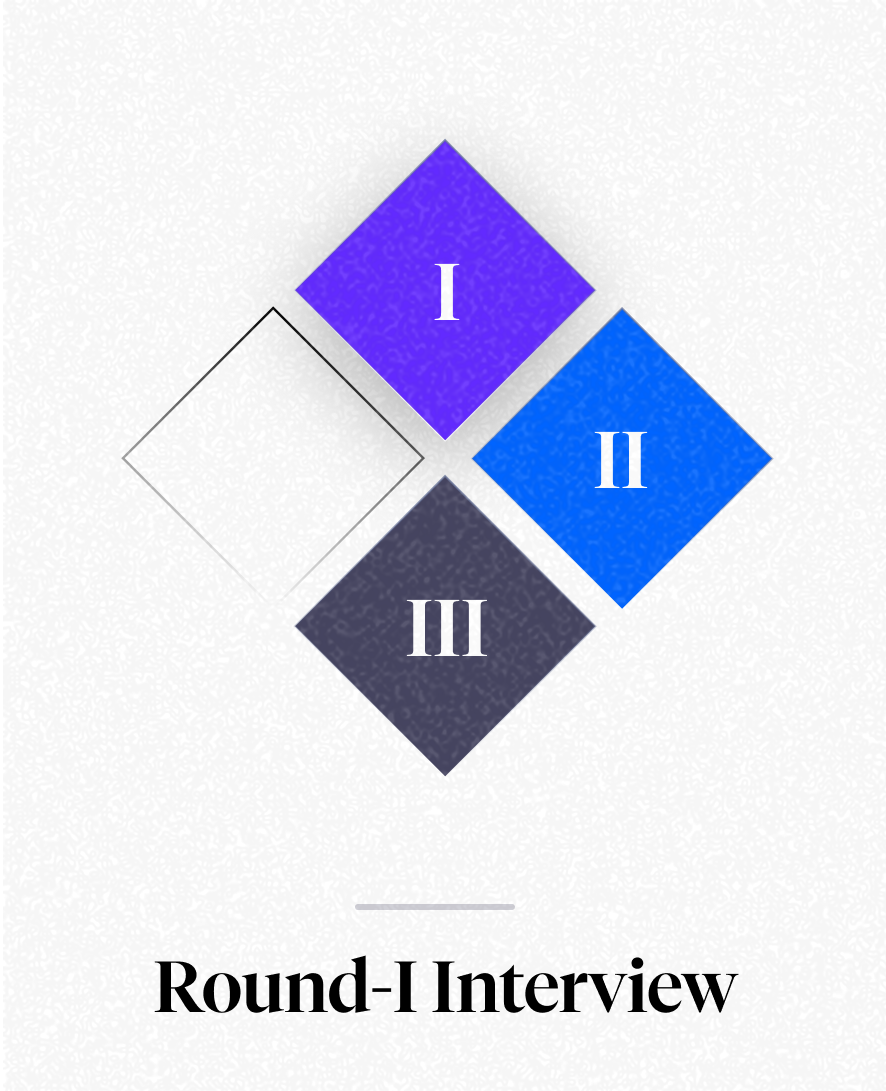Module 1: Start with Clarity — Your SEO Goal and Who You’re Really Solving For
Let’s say a team member or stakeholder asks you…
“What’s your SEO strategy for this product?”
If your answer jumps straight to keyword tools or blog calendars, you’ve already lost them.
A strong strategy doesn’t start with tactics.
It starts with a reason.
You need to be able to say:
- “Here’s what this product actually needs.”
- “Here’s who we’re solving for.”
- “And here’s why SEO is the smart lever to pull.”
That’s what you’re doing here.
You’ll walk away with:
- A sharp SEO goal, tied to a real business problem
- A clear picture of who your user is
- A clean, strategic first page of your SEO Strategy Deck
Let’s build it step by step
Step 1→ Pick your product
You’re going to work on one real product across the entire course.
Pick something that gives you real context to work with:
- A product you’re working on right now
- A past one you know deeply
- Or one you love and want to reverse-engineer (like Zepto, Mamaearth, Razorpay)
Feeling unsure of what to pick?
Ask yourself
1. Can I describe the product in one line?
2. Do I know roughly who the user is?
3. Could this product show up in a google search?
If yes, you’re good.
Step 2 →What is this product really trying to achieve?
Let’s go beyond “get more traffic.”
Write a goal that’s
- Focused (what’s the business trying to improve?)
- SEO-relevant (what part of SEO will help?)
- Outcome-tied (what’s the final impact you want?)
Use this format
Do → what you want to improve
By → what SEO strategy you’ll use
To → what business goal does this drive
Let's break it down with a few examples
Mama earth (B2C skincare brand)
Do → Grow organic traffic to product pages
By → Ranking for “salicylic acid face wash” and related terms
To → Reduce dependency on paid ads
Keka (B2B HR software for SMBs)
Do → Increase demo bookings from small companies
By → Ranking for “HR tools for startups”
To → Get better inbound leads without outbound sales
Why SEO? Why not something else?
This is where you show you’ve thought about channel–problem fit.
Ask yourself:
- Are users actively searching for this category?
- Is this a space where we can win with quality content?
- Do we have budget pressure that makes SEO more attractive?
SEO fits best when
- Your users search before buying
- You want long-term visibility, not just bursts
- You want to reduce paid CAC
- You have knowledge or content that’s not being found
Let's take a look at a few examples
Mama earth (B2C skincare brand)
Our users already search for things like “best face wash for oily skin.”
If we rank for those, we get high-intent traffic, without paying every time.
Keka (B2B HR software for SMBs)
Our target buyers Google “best HR software for startups.”
SEO helps us show up early, build trust, and drive demo requests with lower CAC.
Now that we’ve defined our goals, let’s narrow down our target users.
Step 3→Define your user like a real person
We’re not doing random personas.
We’re building a mental image of a real human — someone you can picture. Because trying to build for everyone leads to vague solutions. Focusing on a specific user helps us build with clarity and purpose.”


Just answer five prompts to bring them to life.


Who are they?
Describe their role, routine, and life context.
Example → Young working moms (28–35) in Tier 1/2 cities.
Scroll Instagram post-work, shop online at night, and want clean products they trust.
Picture one actual user of this product.
Where do they live? What’s their job? What time of day do they scroll or search? What device are they using?
What are they trying to achieve?
What outcome are they chasing in this category?
Example → They want safe, reliable skincare that protects their family, not trendy, just consistent.
Think about it this way
Why would they be Googling a product like this?
What frustrates them?
What annoys or overwhelms them in the current options?
Example → They’re tired of fake “natural” labels and don’t want to decode ingredient lists at midnight
Feeling stuck?
Try answering these
1. What’s the last thing that made them abandon a product?
2. How do they behave?
3. What do they read, compare, and search?
How do they behave?
What do they read, compare, and search?
Example → Follow skincare influencers, compare Amazon reviews, and Google “best face wash for pregnancy acne.
Were you able to figure it out?
Answering these questions might help
1. How do they evaluate between 3 options?
2. Do they trust influencers, reviews, or search results more?
What do they value?
What kind of messaging, tone, or claims earn their trust?
Example → They value warmth, safety-first brands, and hate preachy jargon.
They want to feel confident without needing to Google every term.
Try answering these questions
1. How do they evaluate between 3 options?
2. Do they trust influencers, reviews, or search results more?
Step 4 →Stitch it together
Now, bring everything into one powerful line.
Use this framework
Our audience is [role/lifestyle], who [motivation], face [frustrations], and value [beliefs].
✅Final Check
Checkpoint | Yes / No |
|---|---|
The business goal is tied to growth or efficiency | |
SEO clearly supports that goal | |
You can visualize your user as a person, not a segment | |
Your stitched sentence feels human + specific |
🎯You’ve Built the strategic base
You now have:
- A real product
- A real business goal
- A believable target user
- A sharp strategic lens
This is Page 1 of your SEO strategy deck.
Everything you build from here will build on this.
Brand focused courses
Great brands aren't built on clicks. They're built on trust. Craft narratives that resonate, campaigns that stand out, and brands that last.
All courses
Master every lever of growth — from acquisition to retention, data to events. Pick a course, go deep, and apply it to your business right away.
Explore courses by GrowthX
Built by Leaders From Amazon, CRED, Zepto, Hindustan Unilever, Flipkart, paytm & more
Course
Advanced Growth Strategy
Core principles to distribution, user onboarding, retention & monetisation.
58 modules
21 hours
Course
Go to Market
Learn to implement lean, balanced & all out GTM strategies while getting stakeholder buy-in.
17 modules
1 hour
Course
Brand Led Growth
Design your brand wedge & implement it across every customer touchpoint.
15 modules
2 hours
Course
Event Led Growth
Design an end to end strategy to create events that drive revenue growth.
48 modules
1 hour
Course
Growth Model Design
Learn how to break down your North Star metric into actionable input levers and prioritise them.
9 modules
1 hour
Course
Building Growth Teams
Learn how to design your team blueprint, attract, hire & retain great talent
24 modules
1 hour
Course
Data Led Growth
Learn the science of RCA & experimentation design to drive real revenue impact.
12 modules
2 hours
Course
Email marketing
Learn how to set up email as a channel and build the 0 → 1 strategy for email marketing
12 modules
1 hour
Course
Partnership Led Growth
Design product integrations & channel partnerships to drive revenue impact.
27 modules
1 hour
Course
Tech for Growth
Learn to ship better products with engineering & take informed trade-offs.
14 modules
2 hours
Crack a new job or a promotion with ELEVATE
Designed for mid-senior & leadership roles across growth, product, marketing, strategy & business
Learning Resources
Browse 500+ case studies, articles & resources the learning resources that you won't find on the internet.
Patience—you’re about to be impressed.
























